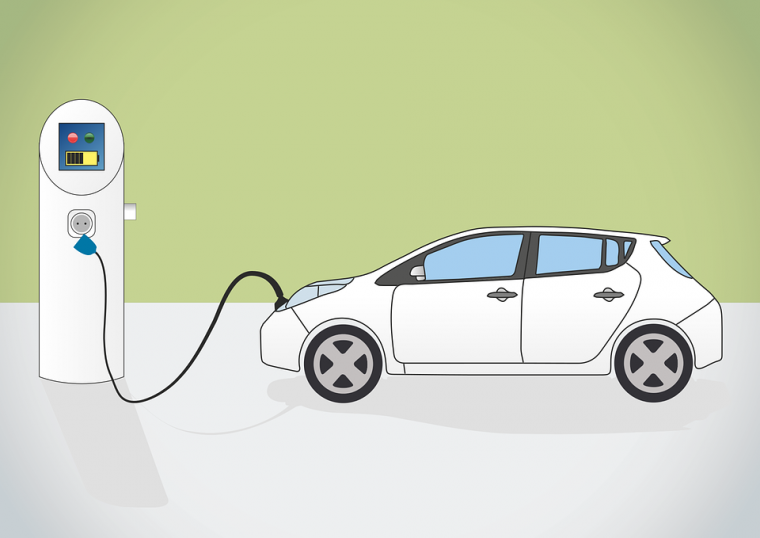Discover the Pros and Cons of Electric Vehicles
A new year is a great time to consider buying a new vehicle. In light of the popularity of electric vehicles, it’s natural to consider one for your next ride. We’ve gathered a list of advantages and drawbacks to consider as you decide whether or not to buy an EV.
Worn Out? Find new tires for the new year
Pros of EV ownership
- You’ll be benefiting the environment. Perhaps the most obvious advantage of bringing home an EV is that these models produce zero emissions. So, each time you drive, you’ll be doing your part to help promote cleaner air and reduce greenhouse gases.
- No more gas-station visits. A side perk to owning an EV is that you can simply charge your vehicle at home or at a public charge station instead of making trips to local convenience stores. You might even save a few bucks since you’ll avoid impulse buys like junk food and soft drinks available at these locations.
- EV privileges when driving or parking your vehicle. Depending on what city you live in, you might be able to take advantage of perks like free street-parking or reserved parking spots at airport or municipal parking lots.
- Operating costs are cheaper than gas-powered vehicles. Due to fuel savings, it’s more affordable to operate an electric vehicle than it is to operate a conventional fossil-fuel powered one.
- Older EV models are affordably-priced. Don’t overlook older models when shopping for an EV. They tend to have lower prices due to limited demand and the federal tax credit associated with many new EV models.

Photo: The Mobility House
Cons of EV ownership
- New EV models are still pretty pricey. The Chevy Sonic, for example, has a starting price of $18,000, whereas the Chevy Bolt EV has a starting price of approximately $37,500. And Chevy isn’t the only OEM to have such a price difference when it comes to conventional vs. EV models. Though, some companies are predicting that EVs will soon be cheaper than gas models as soon as 2020.
- Limited availability in the U.S. EV models might be hard to find, depending on which state you live in. If you live in states like California, Florida, New York, Washington, or Georgia, you should have a decent number of new and used EV models to choose from.
- Electric range limitations. Each EV model will have a different electric range. And this range varies according to external factors like temperature, as well as driving habits. Extremely high or low temperatures can take a toll on the battery’s charge — as can driving at fast speeds and accelerating quickly.
- Limited charging stations in the U.S. According to Inside EVs contributor Jim Gorzelany, there are currently about 20,000 charging stations in the U.S. As EV technology continues to spread, the infrastructure will likely adjust to accommodate the growing demand.
- Green cars might not be as “green” as you think. A recent Bloomberg study indicated that conventional combustion engines might release less CO2 in the long run when compared with EVs. That’s because the industry is still trying to reduce greenhouse gases involved with EV battery production.
Stay Connected: Learn more about OnStar technology
News Source: Inside EVs

Whitney Russell resides in Dayton, though her spirit can be found beach-bumming in Puerto Rico (the land of her half-Puerto Rican heritage). When not crafting car-related content, she can be found chasing after the most amazing toddler in the world, watching her “beaver” of a husband build amazing woodworking projects, hanging out with two crazy dogs, and visiting family and friends. She also enjoys traveling, crafting, and binge-watching period dramas when time allows. See more articles by Whitney.



